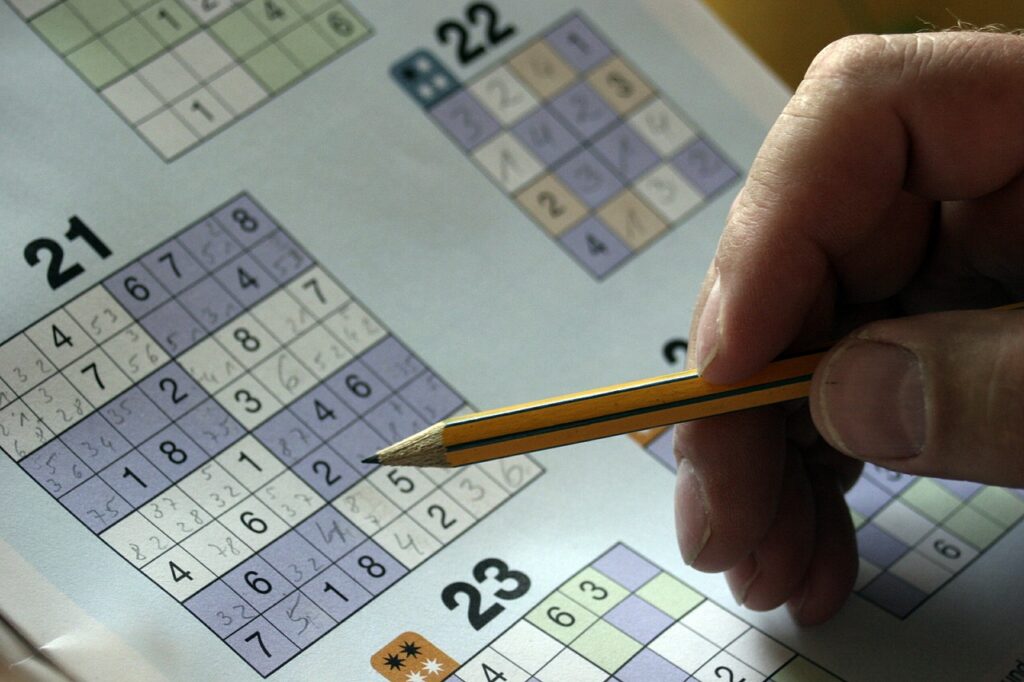 Cognitive decline is inevitable. That is a fact of life. Trauma, stress, injury, and old age can all equally impact brain function. Those that believe that reduced cognitive ability is something that only older people should worry about should think again. Some scientists claim that cognitive decline in otherwise healthy individuals can start as early as 45. However, that is the exception and not the rule. On average, a healthy brain will lose about 4% of its ability by the time a person reaches their 70s. Though, it is an undeniable fact that past a certain age, people lose their fluid intelligence. That is the ability to learn new things quickly.
Cognitive decline is inevitable. That is a fact of life. Trauma, stress, injury, and old age can all equally impact brain function. Those that believe that reduced cognitive ability is something that only older people should worry about should think again. Some scientists claim that cognitive decline in otherwise healthy individuals can start as early as 45. However, that is the exception and not the rule. On average, a healthy brain will lose about 4% of its ability by the time a person reaches their 70s. Though, it is an undeniable fact that past a certain age, people lose their fluid intelligence. That is the ability to learn new things quickly.To avoid memory lapses, regardless of age, it is good to exercise your brain regularly. According to neurologists, the best way to ward off dementia is to stay physically active, not smoke, get plenty of sleep, maintain decent social connections, and keep your mind engaged. When it comes to the latter, all one needs is time, and of course, the will to invest in their well-being. Below, we suggest four tried-and-tested approaches that will help you not have frequent “senior moments” and keep you sharp as a tack.
Count Cards
If you have ever watched Rain Man starring Tom Cruise and Dustin Hoffman, or The Hangover, you have already gotten exposed to the concept of counting cards at blackjack. It is the process of keeping a mental tally of all the cards in play. Knowing the amount of high and low cards in the deck can help players nullify the game’s ingrained house edge. For those unfamiliar with this practice, starting out, counting cards can be a strenuous brain activity. Luckily, today, there is no need to go to a brick-and-mortar venue to try and beat a gambling operator using this strategy. Online casinos offer this option from the comfort of your home, and they boast enticing UK casino bonuses to boot.
Do Puzzles
Multiple studies show that putting together jigsaw puzzles can improve visual-spatial reasoning and overall cognition. The act of merging the right pieces and placing them into the correct position requires concentration and actives the problem-solving part of the brain, boosting short-term memory. If you do not want to mull over tiny bits of cardboard, crossword puzzles and Sudoku can also protect your mind from declining. Research shows that Sudoku, in particular, is super effective in stimulating enhanced cognitive ability. So grab a newspaper, and start jotting down some numbers.
Learn a New Skill
In 2014, a study published in the Journal for Psychological Science displayed results that showed that sustained engagement in developing new skills activated episodic memory, working memory, and reasoning. The findings of the thirty-eight participant research suggested that engagement in cognitively demanding tasks for extended periods can amplify memory function in older adulthood. Conversely, continual engagement in social activities returned few benefits.
Perform Regular Physical Exercises
The same endorphins that help you concentrate make you feel better after working out. These also stimulate new brain cells to spring up. Shorts bursts of grueling physical activity in the afternoon can dramatically aid in regulating your sleep patterns, which, as discussed above, improves your overall brain function. Running or using weights regularly can also help you have more energy throughout the day and better your self-esteem. Remember that depression is one of the leading causes of cognitive decline.